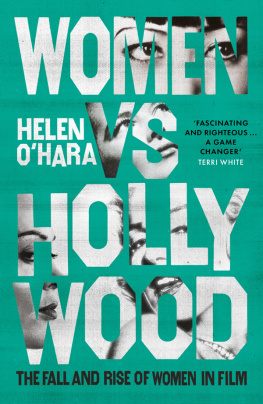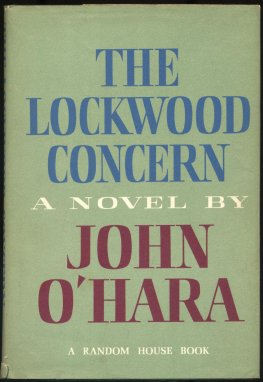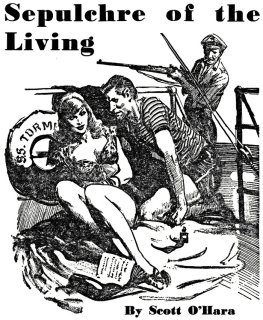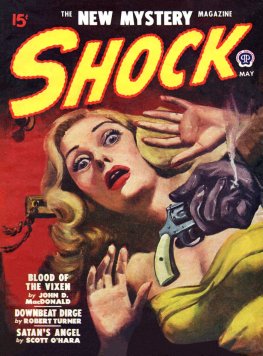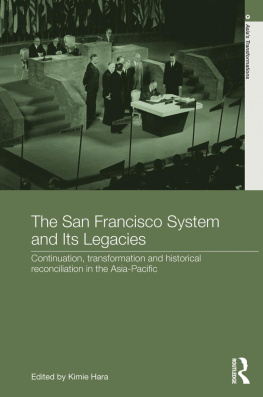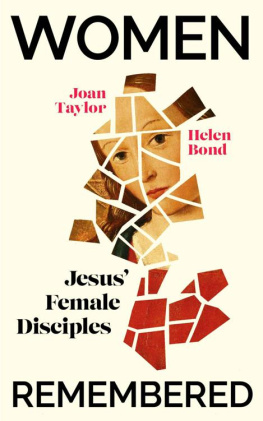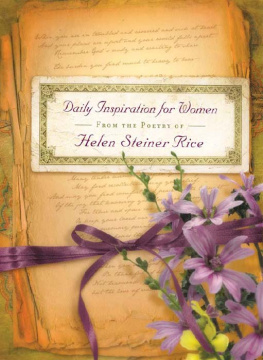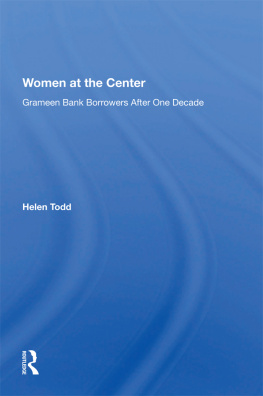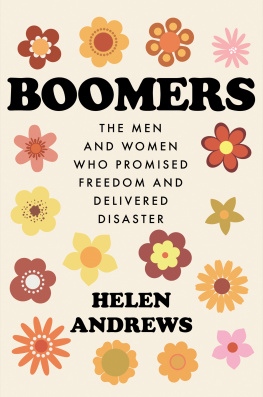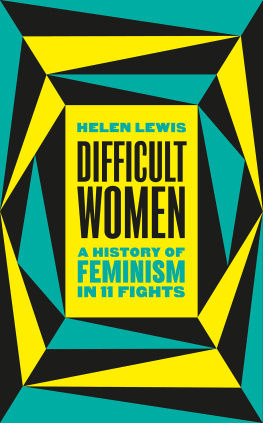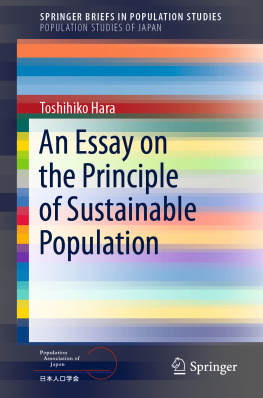Contents
Guide

ROBINSON
First published in Great Britain in 2021 by Robinson
Copyright Helen OHara, 2021
The moral right of the author has been asserted.
All rights reserved.
No part of this publication may be reproduced, stored in a retrieval system, or transmitted, in any form, or by any means, without the prior permission in writing of the publisher, nor be otherwise circulated in any form of binding or cover other than that in which it is published and without a similar condition including this condition being imposed on the subsequent purchaser.
A CIP catalogue record for this book is available from the British Library.
ISBN: 978-1-47214-441-6
Robinson
An imprint of
Little, Brown Book Group
Carmelite House
50 Victoria Embankment
London EC4Y 0DZ
An Hachette UK Company
www.hachette.co.uk
www.littlebrown.co.uk
To Mum and Dad,
thanks for taking me to the cinema
Contents
When film could be female
How women fell silent before sound
Putting the industry in film industry
How marginalised women fought the odds
Or, a great way to screw everyone over
How the auteur theory twisted film
Movie brats and the male gaze
Or, how franchises took over Tinseltown
Where are all the female directors?
Making Hollywood safe for everyone
How to end the pay gap
Or, who critiques the critics?
How we can change the picture
H OLLYWOOD IS the American dream writ large. Its the promise that any plucky young person with grit and determination can become an icon. In its own mythos, its open to all and welcoming to anyone with sufficient talent and a little luck. Its Lana Turner discovered drinking a soda at the Top Hat Cafe, John Wayne promoted from odd jobs around the studio, Harrison Ford working as a carpenter, and all of them being transformed into stars.
The truth, however, is often less shiny. If youre young, white, cis, straight, slim, able-bodied and rich enough to fund your way through photo sessions, gym classes and auditions, youre going to find opportunity knocking louder and sooner than it does for anyone else. The Hollywood dream has not been open to everyone and, with a large majority of roles and senior jobs going to white men, its scales have often been tilted against women.
Still, the legend is so pervasive that its hard for people to accept that its a rigged game. The sort of person who sets their sights on a movie career is generally the sort who believes that a little hustle will make it happen ifyoure good enough. So if you fail? If you face one disappointment after another? Maybe its you. Maybe youre just not as good as Kathryn Bigelow, as Julia Roberts, as Amy Pascal. Thats the pernicious effect of discrimination. It not only allows those with the power to sit in ivory towers preaching a meritocracy; it forces everyone else to question themselves and their talent, because no one wants to be a bad loser and suggest that maybe the playing field was tilted.
History shows that women have wanted to make movies since the very earliest days. One of the first people ever to make a narrative film was Alice Guy-Blach; one of the highest-paid directors of the early silent era was Lois Weber. There were female action stars jumping off trains and facing down wild animals; there were women editors who shaped the history of film. Its never been a question of women not wanting it enough, or even not being good enough. Hollywood shut them out, sometimes quite consciously.
You may not accept that, but the stories from women in the industry in this book and the data amassed over the last few years show that it is absolutely the case. And that matters because the stories we tell on the big screen dont just reflect society, they can shape it. 1915s The Birth of a Nationrebirthed the moribund Ku Klux Klan. Less appallingly, the sight of Clark Gable without a vest in It Happened One Nightdevastated the undershirt market. Documentary The Thin Blue Linesaw an unjust conviction overturned.

